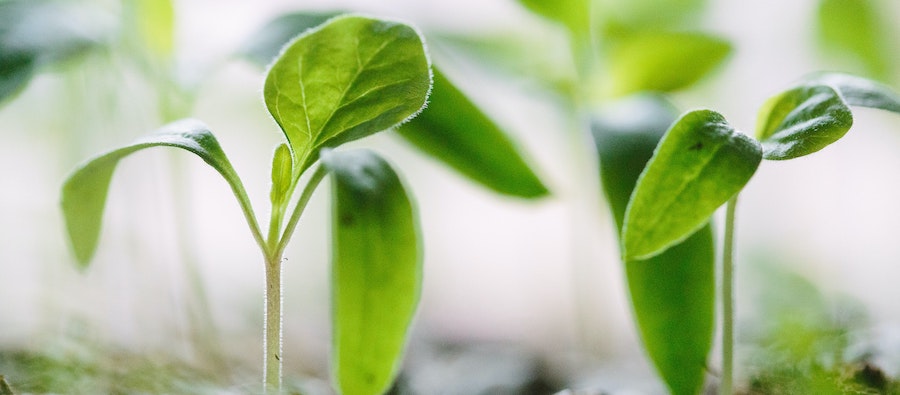Giulia Di Tommaso, President and CEO of CropLife InternationalGiulia Di Tommaso discusses the prevailing importance of the Sustainable Development Goals in tackling global issues including hunger, poverty and climate change, and explores how the private sector – and the plant science industry in particular – can play an active role in helping society achieve these Global Goals.
The Sustainable Development Goals (SDGs) were designed to be the blueprint to adapt to twenty first century challenges and achieve a better and more sustainable future for us all. But this can only happen if all players – industry, governments, donors, civil society, and NGOs – work together.
The CropLife global network has responded to this task by developing more than 300 training partnerships across the agricultural value chain to ensure smallholder farmers are able to grow healthy crops sustainably. Partners include governments, development organisations, foundations, and food distributors, with more than four million farmers trained to date.
Agriculture puts food on our tables, but it is also a key driver in helping to achieve the SDGs as it supports the livelihoods of more than 500 million farmers. These farmers face many challenges from a changing climate, threats to biodiversity, and feeding a growing population.
While our industry may not have all the answers to these challenges, we are continuing to work towards solutions. We believe that we can make a positive contribution through solutions-driven innovation in agriculture that is centred on science.
For example, innovative crop protection products effectively help farmers fight back against pests like Fall Armyworm, which has ravaged Sub-Saharan African maize crops. Whereas, novel solutions in biotechnology are aiding farmers to adapt to changing weather patterns by producing seeds that need less water to grow and are subsequently less affected by drought. Both these technologies facilitate the production of safe and nutritious food, while caring for the environment.
The United Nations Food and Agriculture Organisation (FAO) estimates that without crop protection global crop losses would double, which would have a devastating impact on food security worldwide.
The management of farming and food systems is pivotal to the future of our plant, but this is not the only way that the plant science industry is contributing to the SDGs. Responsible consumption and production and reducing the carbon footprint of agriculture are also of crucial importance.
Along with our member companies, at CropLife International, we are committed to improving the sustainable use and effective management of pesticides. Since 2005 our network has been working to collect, safely dispose of and recycle plastic pesticide containers, while innovations in crop protection and biotechnology have helped farmers to reduce their greenhouse gas emissions. For example, scientists are working to develop plants that can better absorb nitrogen.
These are just some of many ways that agriculture and the plant science industry are already contributing to accelerate the implementation of the 2030 agenda. But the challenge ahead remains vast.
It is no longer enough to simply unite behind the 17 Sustainable Development Goals, we need new transformative ways of collaboration in order to truly achieve change. Only then will we be able to bring about an end to poverty and preserve life on land for future generations.
This article originally appeared on the CropLife International website, and is republished here with permission.



